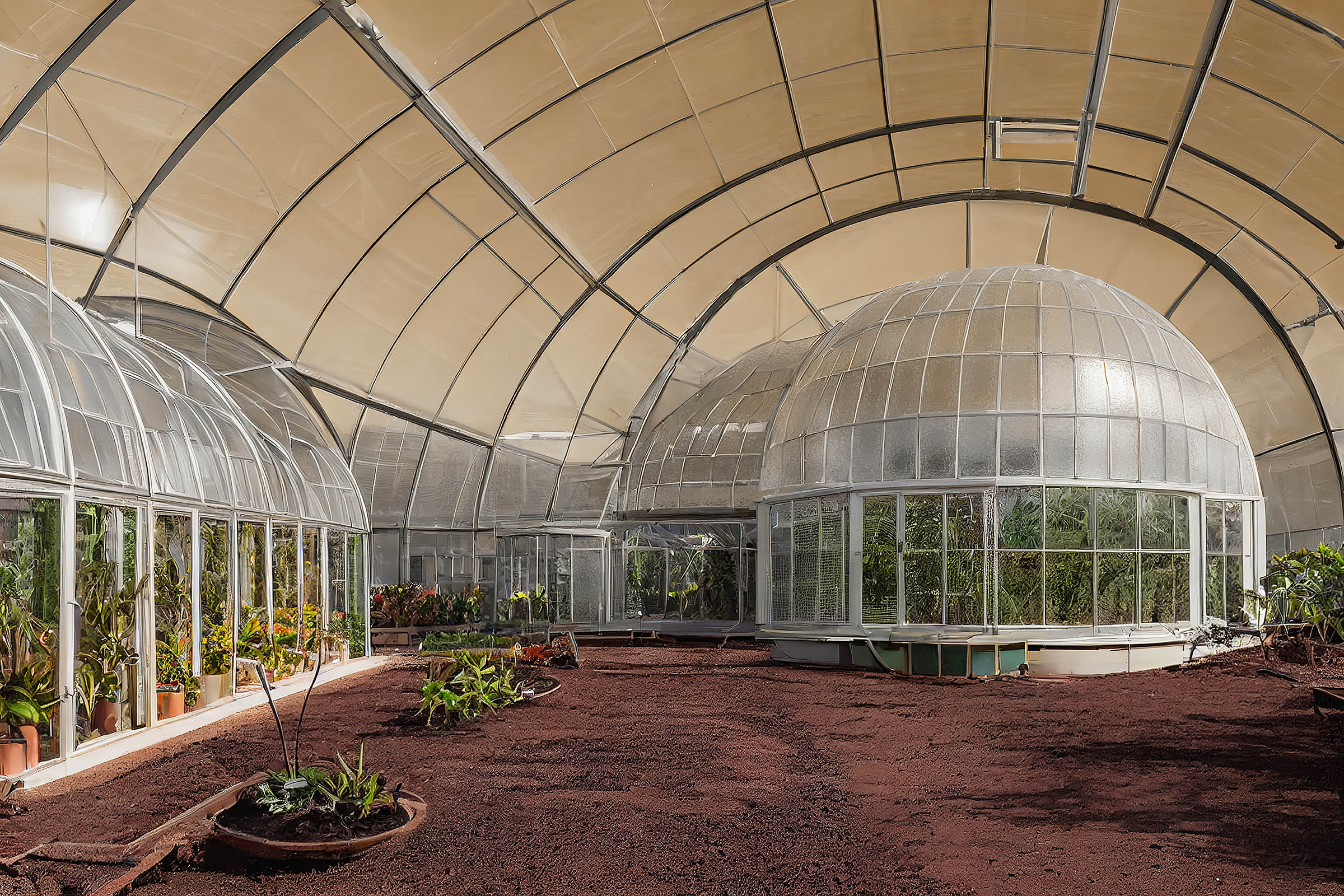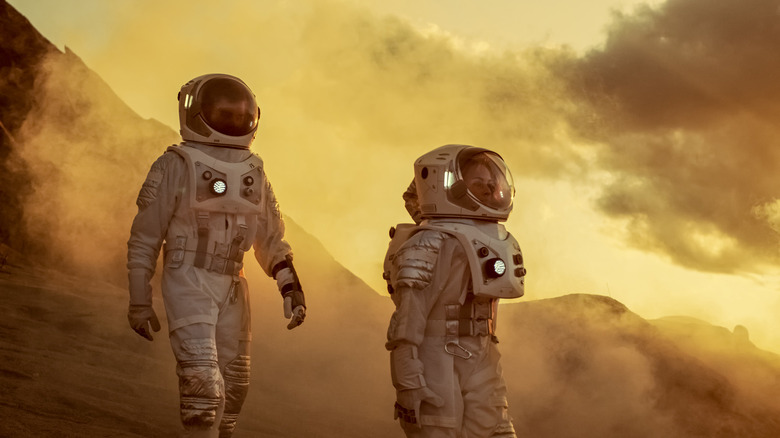This New Study Could Kill Manned Missions To Mars Before They Even Happen
Both NASA and SpaceX are hoping to one day send humans to Mars. SpaceX CEO Elon Musk has openly shared plans to colonize the Red Planet over the years, and NASA has even set a possible manned mission to Mars in the 2030s. Of course, there are a lot of obstacles to overcome before we can hope to accomplish those goals, but now, new concerns over astronaut kidney damage may kill those hopes before they even have a chance to come to fruition.
We already know that sending humans to Mars would take months—likely years in total. That's because our neighboring planet is roughly 225 million kilometers away, and scientists estimate it may take up to six months to travel there with current space technology. Sure, nuclear-powered rockets could change that, but that's a gamble we haven't quite worked out yet.
Before we can worry about all that, though, we need to address a new worry. According to a newly published study, the harsh conditions of space travel may actually cause astronauts kidney damage. The study used samples from more than 40 space missions involving humans and mice. The data revealed that the conditions in space cause certain parts of the kidney to shrink after less than a month in space.

This is extremely troubling news, especially after recent research has shown that just three days in space is long enough to cause cognitive decline in astronauts, too. If we truly want to be able to send humans to Mars and beyond, we're going to have to figure out ways to protect their kidneys along the way. Otherwise, they may suffer from severe radiation damage, which could cause kidney failure.
One big reason that this news is especially concerning is because the kidneys are very slow to show radiation damage. That means that even with routine check-ups, astronauts may not always catch kidney damage in time, forcing them to have to undergo other treatments to keep their body working as it needs to.
The researchers detailed their findings in Nature Communications. While they say that there isn't any way to protect the kidneys from cosmic radiation using shielding, they hope that we can somehow develop technological or pharmaceutical measures that can help make deep space travel like manned missions to Mars possible.
